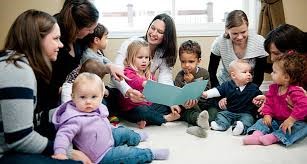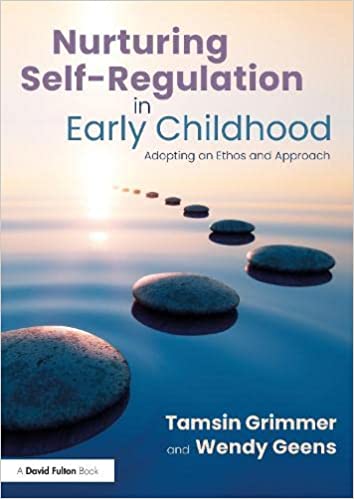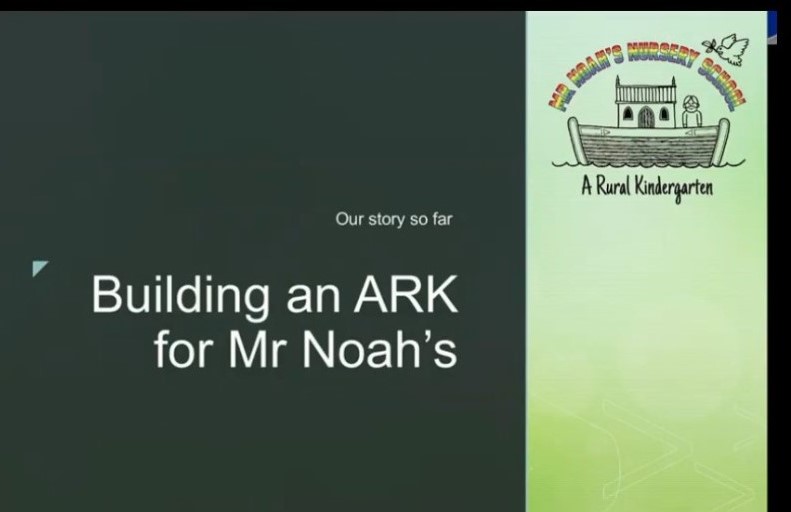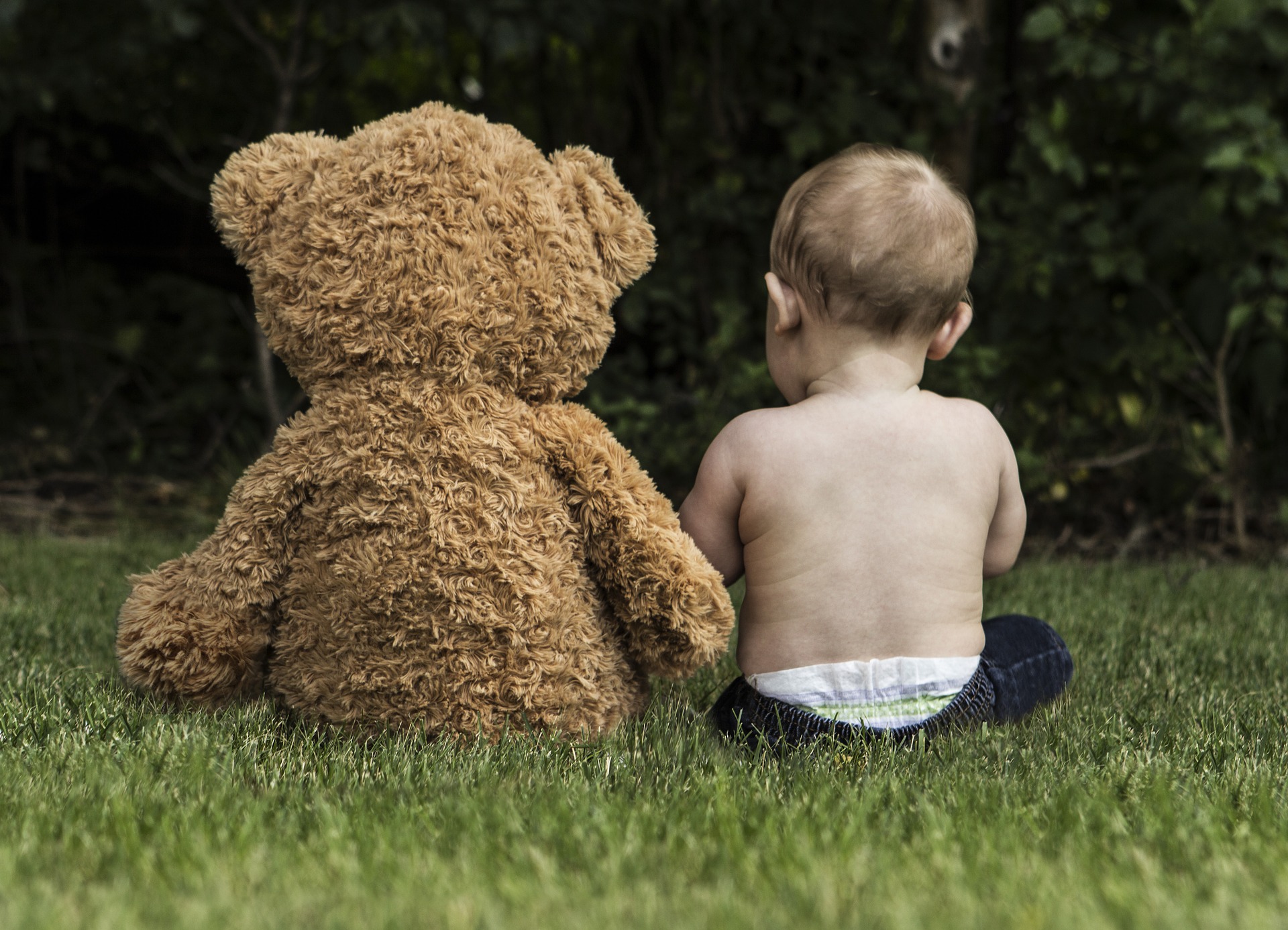
Community is such a rich, meaningful word that is right at the heart of God’s creation plan! The Lord said “it is not good for man to be alone” Gen 1 :27; 2:28 God created human beings in his own likeness The Bible is clear that there is community within God himself (Father, Son and Holy Spirit) and that mankind…







